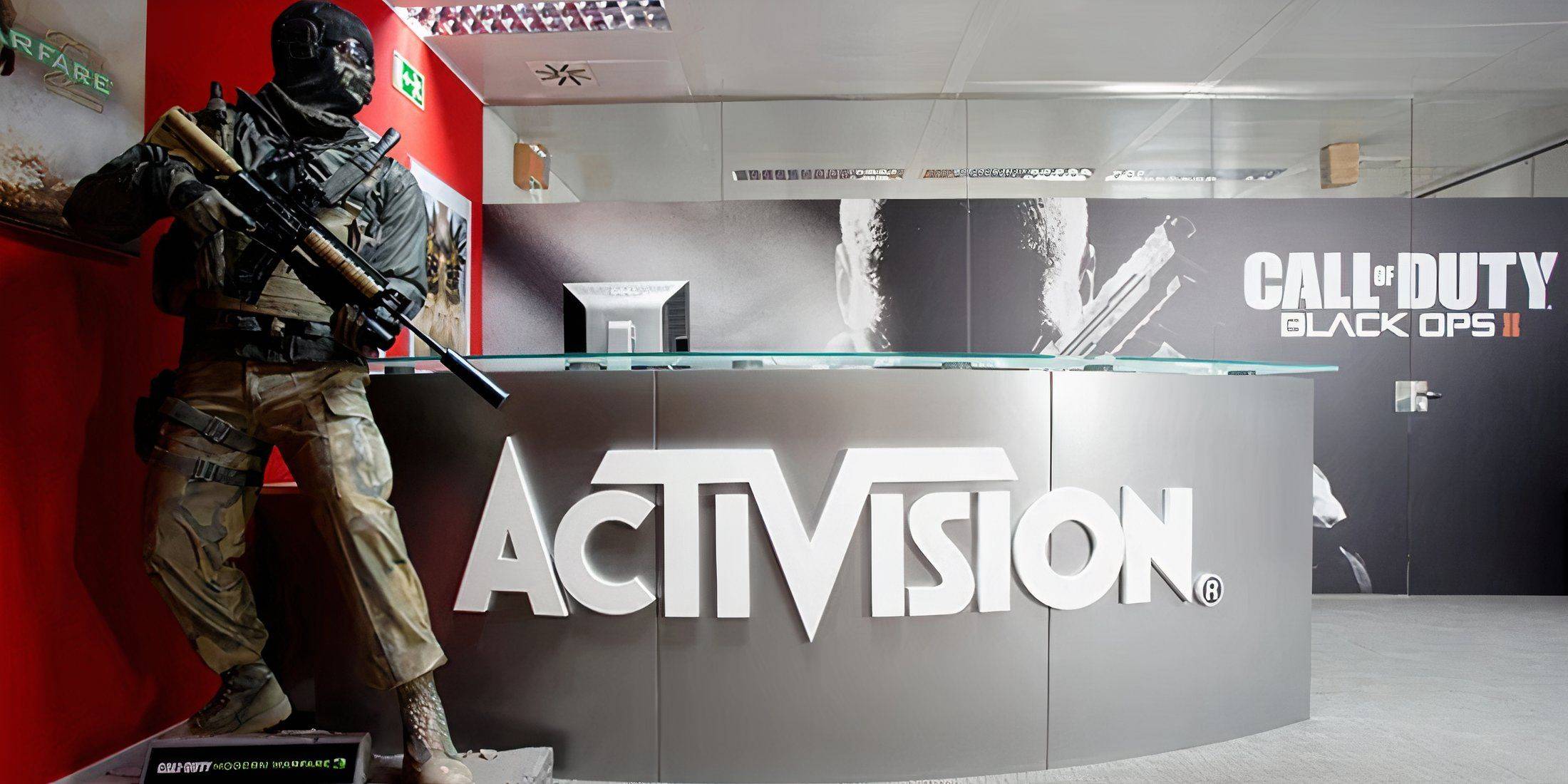Activision Submits Extensive Defense in Call of Duty Uvalde School Shooting Lawsuit

Activision Rebuts Uvalde Lawsuit Claims Against Call of Duty
Activision has filed a robust defense against lawsuits filed by Uvalde shooting victims' families, denying any causal link between Call of Duty and the tragedy. The May 2024 lawsuits allege the shooter's exposure to the game's violent content contributed to the Robb Elementary School massacre in May 2022, where 19 children and two teachers were killed, and 17 others injured. The shooter, a former Robb Elementary student, played Call of Duty, including Modern Warfare, and used an AR-15 rifle similar to one depicted in the game. The families also implicated Meta, alleging Instagram facilitated the shooter's connection to firearm manufacturers.
Activision's December filing, a 150-page response, vehemently rejects these claims. The company argues there's no direct connection between Call of Duty and the shooting, seeking dismissal under California's anti-SLAPP laws designed to protect free speech. Activision further contends that Call of Duty, as an expressive work, is protected under the First Amendment, refuting arguments based on its "hyper-realistic content."
Supporting this defense, Activision submitted declarations from experts. A 35-page declaration from Notre Dame professor Matthew Thomas Payne counters the lawsuit's characterization of Call of Duty as a "training camp for mass shooters," arguing it aligns with established military realism in film and television. Patrick Kelly, Call of Duty's head of creative, provided a 38-page document detailing the game's design process, including the $700 million budget for Call of Duty: Black Ops Cold War.
The Uvalde families have until late February to respond to Activision's extensive documentation. The case's outcome remains uncertain, yet it highlights the ongoing debate surrounding the role of violent video games in mass shootings.
-
Dive into the captivating underwater world of Into the Deep, premiering in select theaters and on digital platforms on Friday, January 24th. Don't miss this thrilling cinematic experience.Author : Michael Mar 07,2025
-
This review contains full spoilers for Paradise Season 1. Let's dive into a comprehensive breakdown of the Netflix series Paradise, exploring its plot twists, character development, and overall impact. The show presents a captivating narrative, skillfully weaving together mystery, intrigue, and unAuthor : Emery Mar 06,2025
- Hitman Devs' "Project Fantasy" Hopes to Redefine Online RPGs
- The Elder Scrolls: Castles Now Available on Mobile
- Minecraft's 'In Your World' Mod: A Chilling Update
- Resident Evil Creator Wants Cult Classic, Killer7, to Get a Sequel By Suda51
- Fortnite Update: Mysterious Mythic Item Teased in Latest Leak
- Deadlock Characters | New Heroes, Skills, Weapons, and Story



















![[777Real]スマスロモンキーターンⅤ](https://images.0516f.com/uploads/70/17347837276766b2efc9dbb.webp)

